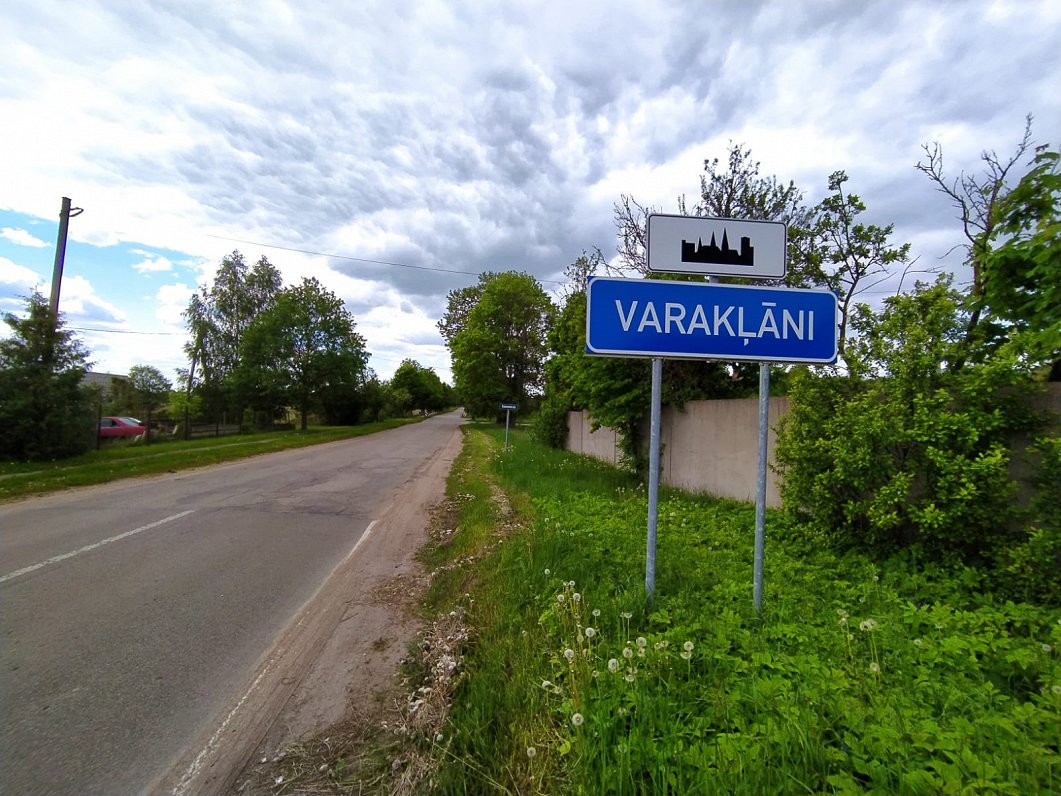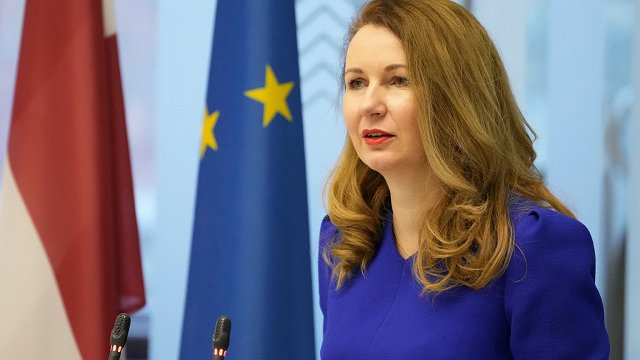In advancing the administrative-territorial reform, the Ministry of Environmental Protection and Regional Development (VARAM) encouraged Varakļāni to be included in the Madona municipaliity, but the majority of the Saeima decided that Varakļāni should be in Rēzekne municipality. It infuriated the Varakļāni population who turned to the Constitutional Court, which acknowledged that the Saeima had acted arbitrarily.
As a result, a majority of deputies decided not to add Varakļāni municipality to any other, but instructed the government to submit proposals to the Saeima regarding the administrative territory of the municipality. It had to be done initially by January 2022, then the deadline was extended until January 2023.
No proposals have yet been tabled.
The delay in meeting the deadline is not related to any difficulties. The local government itself came up with its own vision. The government also changed, said the VARAM representative Ilze Oša. “The Cabinet had a deadline for submitting proposals, but taking a decision is a matter for Saeima deputies and has no deadline,” Oša said.
“The law cannot determine when the Saeima has to decide this. The law merely stipulates that proposals or scenarios had to be submitted by January 1, 2023. The most important thing is for the Saeima to decide in a way that is clear until the next [local government] elections,” Oša said. The next local government elections take place in 2025. In order to clear the matter until the next elections, amendments should be adopted by the autumn of next year.
The think-tank Providus director and lead researcher Iveta Kažoka said this situation was atypical. “Ministries usually send messages to the Saeima that some time limits should be imposed. It is not common in my experience that simply time passes and no one even notices it.”
There are only two legitimate choices in this situation: either to comply with the deadline or to amend the law. “Otherwise, there is no clarity about when this requirement will be enforced,” Kažoka said.
In her assessment, this should have been clear even before the 14th Saeima elections. The Saeima deputies have a duty to follow whether the laws they have adopted are respected.
"The public has the right to trust that the statutory requirements are being enforced. If the law is not enforced, it is a strange situation that requires a good explanation of the reasons,' the researcher said, adding that neither the previous parliamentary term nor this one has shown itself to implement good legislative practice.





























